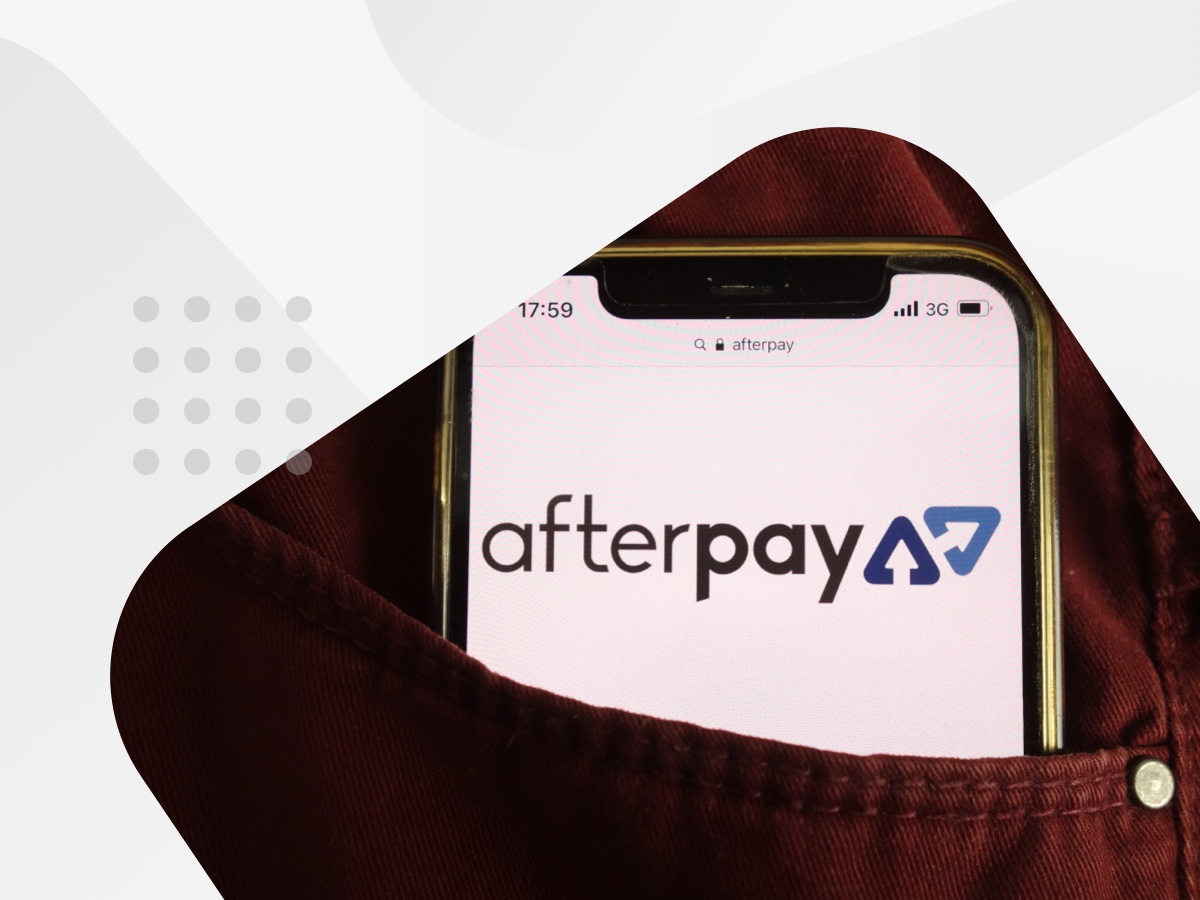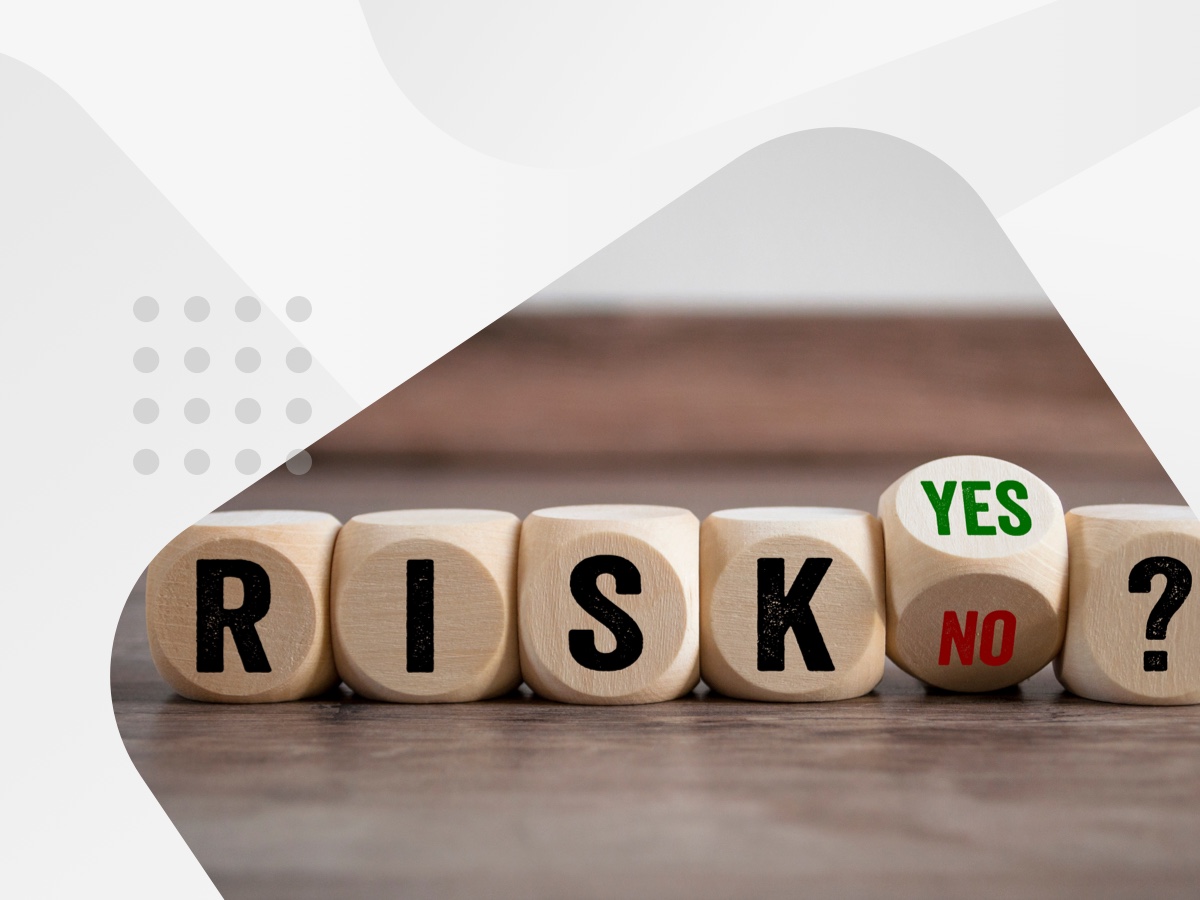
Sometimes, life gets in the way, and even the most diligent spender can miss an Afterpay payment (or two). If you’re wondering what happens if you don’t pay Afterpay, the consequences can include account pausing, spending limit reductions, impacts on your tier in the Pulse Rewards program, and account suspension. If you never pay Afterpay at all, the platform may sell any unpaid debts to third-party collections agencies, potentially resulting in a payment default recorded on your credit file.
What is Afterpay, and how does Afterpay work?
Afterpay is a popular buy-now-pay-later (BNPL) platform that allows customers to purchase items up to a set spending limit and then make repayments in four fortnightly instalments over six weeks. Think of it as a modernized version of lay-buy services from the past. Afterpay allows customers to use the items they’ve purchased while still making the repayments.
Afterpay is typically accessed via the app and is now an available checkout option in affiliated retailers as well. Customers can make purchases in various categories, including fashion, beauty, appliances, electrical, home goods, entertainment, and even travel. New customers are given a spending limit of $600 per purchase to begin with, with an increased limit of up to $1,500 following good payment behavior.
Retailers affiliated with Afterpay include:
- Jetstar
- Catch.com.au
- The Iconic
- Kmart
- Mimco
- Witchery
- Target
- David Jones
- Country Road
(See the full list here via the Afterpay website)
One of the significant advantages of Afterpay is that, unlike credit cards, it is interest-free on purchases. If you link your account to a credit card, your issuer could charge you interest – but not Afterpay. It also does not charge establishment fees or ongoing fees and does not perform hard credit checks for new customers. However, it does charge late fees for missed payments.
Late fees are common across almost every BNPL platform available in Australia. Where Afterpay stands out is that, unlike other major providers like Zip Pay, Klarna, or Brighte, it does not perform a hard credit check on your credit history upon application.
Can you miss an Afterpay payment?
Yes, missing an Afterpay payment can occur, but it will likely cost you in late payment fees. What happens if you miss an Afterpay payment is that the platform charges an initial $10 late fee. If this remains unpaid seven days post due date, a further $7 will be charged.
Afterpay has set caps on late fees, with no additional late fees charged once this is reached:
- For each order with an original order value below $40 – a maximum of one $10 late fee may be applied;
- For each order with an original order value between $40 and $272 (inclusive) – the aggregate sum of the late fees applied in relation to the order will not exceed 25% of the original order value;
- For each order with an original order value above $272 – a maximum of $68 (i.e. 4 x $17) of late fees may be applied.
Keep in mind that if you have linked a credit card to your Afterpay account, you may incur interest charges from your card issuer for missed payments.
Does Afterpay use or impact credit scores?
Unlike credit cards and other credit products, Afterpay states that it does not affect your credit score. However, if you were to never make a payment, there may ultimately be severe consequences. If you’re wondering ‘does Afterpay affect my credit score,’ the answer is: not when you apply or are late on a payment, but potentially yes if you never make payments.
For new customers, the BNPL platform does not require hard credit checks. A hard credit check, or credit inquiry, can impact a personal credit score and is typically recorded on a credit file. Credit providers perform this check as part of their eligibility criteria and serviceability testing. However, as a non-traditional form of ‘credit,’ Afterpay bucks this trend by not requiring credit checks.
Afterpay also states that it does not record late payments to credit reporting bureaus. Normally, if your repayments for a credit product were 14-days overdue, a provider could report this to a bureau, and this may hurt your credit score. Unfortunately, you can be stung with late payment fees if you miss payments.
But what happens if you don’t pay Afterpay at all?
Afterpay does not advertise that it reports payment defaults or ongoing non-payments. However, consumer advocacy group, CHOICE, reported that in its terms and conditions, Afterpay has the “right to sell any unpaid debt to third party collections agencies.” According to CHOICE, a representative of Afterpay advised that they “don’t report to credit agencies or sell the debt.” However, it was reported that Afterpay spent $6.5 million on the recovery of unpaid debts and chargebacks in the first half of the 2020 financial year.
While the policy for the reporting of defaults is not stated explicitly, it’s better to err on the side of caution and avoid this scenario where possible. A registered payment default can significantly hurt your credit score in the future.
What are the consequences if you tried to avoid paying Afterpay altogether?
As mentioned above, any late or non-payments made to Afterpay purchases will incur late fees. While there is no Afterpay “blacklist” for non-paying customers, the following may occur to your account:
- Account pause – You will not be able to make new purchases until payments are up to date.
- Spending limit decrease – It’s likely Afterpay will reduce your spending limit if you miss payment(s).
- Pulse Rewards tier – Missing payments can impact your tier in the Pulse Rewards program.
- Account delete – If you cannot meet payments for an extended period, Afterpay may suspend the use of its services indefinitely.
Furthermore, if you completely avoid payment, Afterpay could sell any unpaid debt to third-party collections agencies. This may result in a default being recorded on your credit file, which could hurt your credit score and ability to gain approval for other credit products – even for business credit products, like a business loan.
What safeguards does Afterpay have in place for handling financial challenges?
Afterpay aims to protect customers and keep their finances safe from snowballing debt in several ways:
- Initial spending limits – New customers start with spending limits of $600, which may grow to $1,500 if they demonstrate positive payment behavior.
- Rescheduling payments – You may be able to reschedule your second or third payment via the Afterpay app if you cannot meet these. If you cannot make your first or last payment, Afterpay recommends speaking to their Customer Service team immediately.
- Hardship support for those facing Afterpay financial hardship – If you are struggling financially, Afterpay provides a dedicated hardship team to assist customers in making a new payment plan that better suits their situation.
If you are unable to pay Afterpay back, the final two options listed above should be taken into consideration. Hardship support, in particular, could be a lifeline for some customers who are struggling to meet their repayments.
In terms of protections for the items you purchase, under the Australian Consumer Law, if an item purchased is defective, your consumer guarantees mean that the business it was purchased from must assist in repair, replacement, or a refund for the item.

Get started with CreditorWatch today
Take your credit management to the next level with a 14-day free trial.

